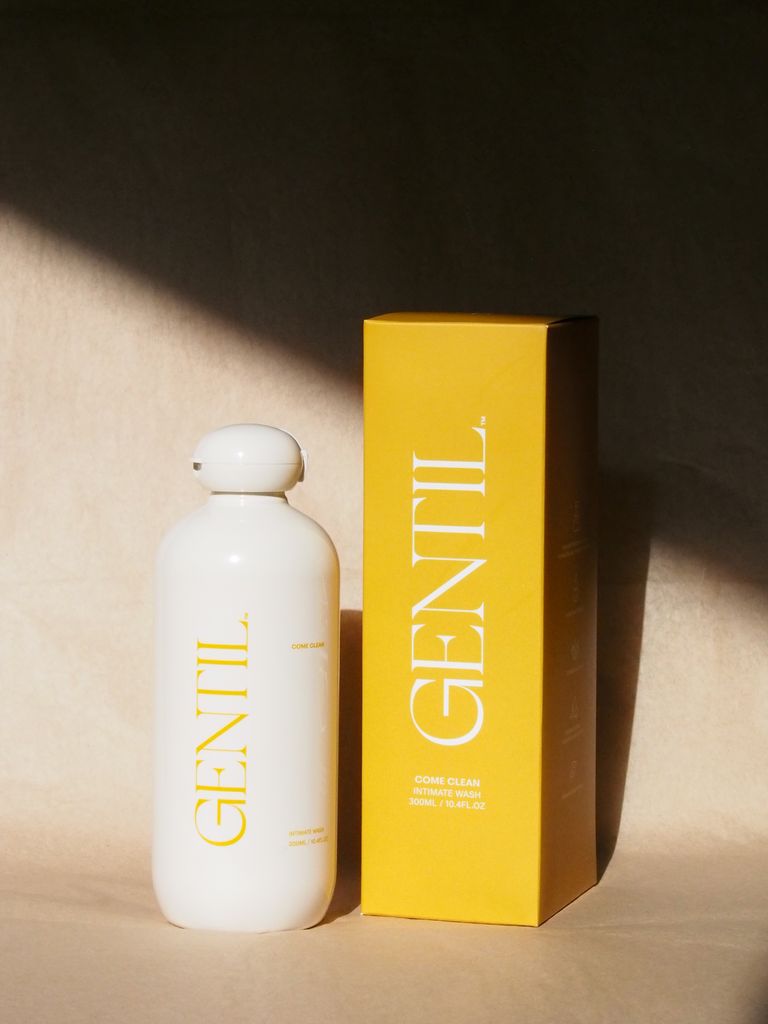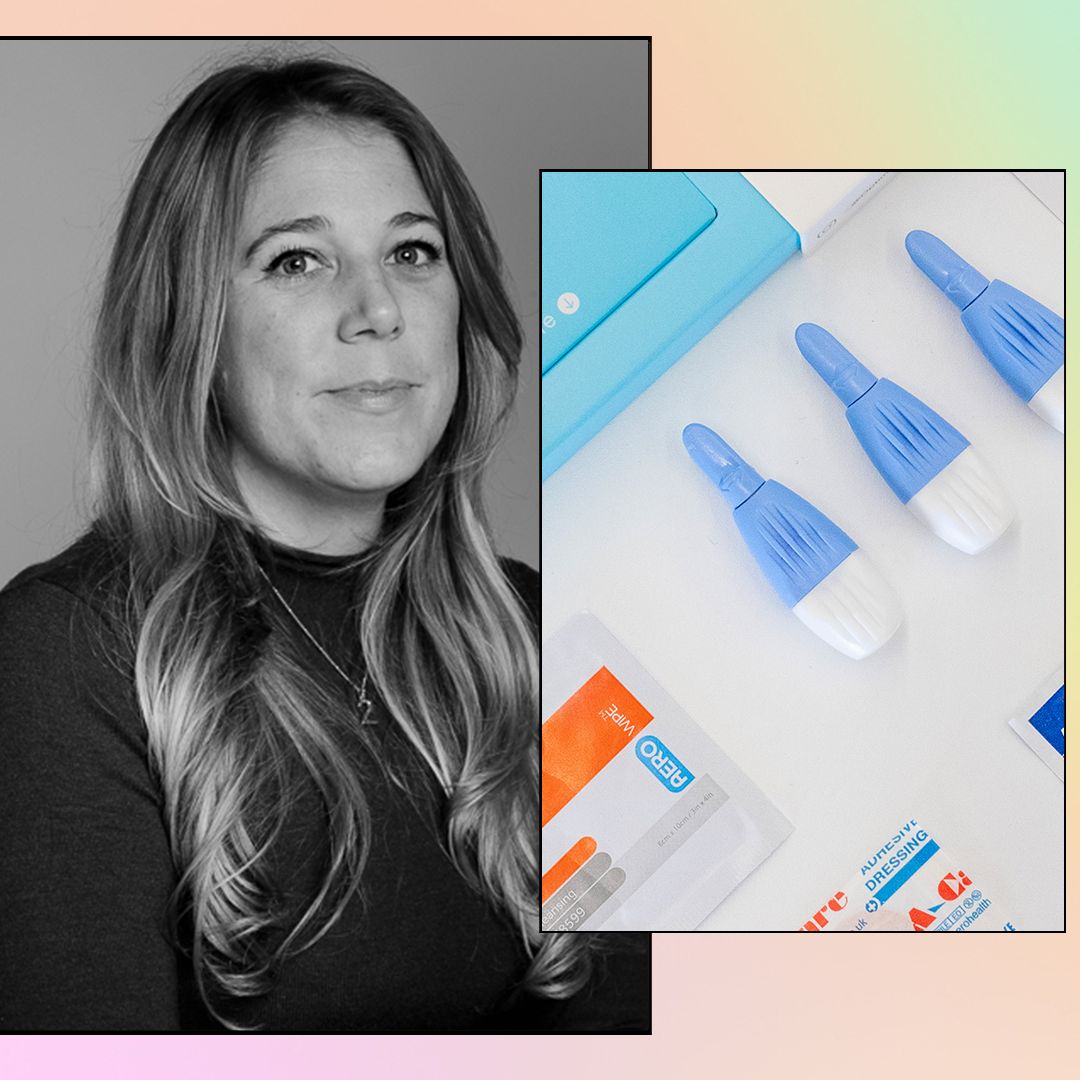When I first became sexually active, I found myself in unbearable pain and after discovering blood in my urine, I was convinced I was dying.
I was terrified that I had done something wrong to deserve it and I felt shame and confusion. I was too embarrassed to see my GP, and there was no Dr. Google back then.
I eventually made an emergency appointment with my gynaecologist, and it turned out I had a urinary tract infection (UTI), which felt very embarrassing at the time.
After that traumatic experience, I made a pact with myself to gain a greater understanding of my body. I was lucky enough not to experience another UTI until much later in life, unlike some women who will undergo recurring UTIs throughout their lifetime.
Despite the fact that one in three women suffer from UTIs and up to 40% experience recurrence that can lead to serious medical issues and hospitalisation, there is little understanding of the health issue - and I want to remedy this.
UTIs often evoke feelings of shame, reflecting societal taboos surrounding bodily functions and sexuality. This shame is compounded by misconceptions, particularly when young women's first experiences with UTIs coincide with their initial sexual encounters. This can lead to confusion and embarrassment alongside the discomfort and stigma associated with the condition.
READ: I thought urinary incontinence was something I had to put up with
The societal silence surrounding UTIs can have detrimental effects on mental health and self-esteem, leaving us to suffer in silence due to a lack of resources and support.
A lack of understanding
There is a lack of education and understanding around UTIs, not enough open dialogue and lots of stigmas around sexual health.
UTIs can affect women at any age or stage of life from pregnancy to menopause and beyond. In pregnancy, changes in the body can increase the risk of getting a UTI, including changes to the urine and immune system.
We need to promote accurate information and education. By creating a supportive and inclusive environment, we can empower women to seek help and manage their UTIs effectively, ultimately improving their overall health and wellbeing.
Making a change
Determined to open up the conversation, I set up Gentil to encourage and empower women to take control of their health, helping them feel confident talking about issues such as UTIs.
Gentil sells intimate wash and supplements in stylish packaging, and I hope that the pleasing-to-the-eye products will help make users feel more comfortable incorporating it into their daily routine.
When people comment on how beautiful the bottles are, it makes me feel proud that Gentil is part of creating positive dialogue and destigmatising sexual wellness. As a result, we help women make positive changes in their lives. And as a result, we truly have something to celebrate!
My goal is not only to help women make positive changes in their lives but also to create beautifully designed products that can sit seamlessly alongside luxury products in your bathroom, vanity or anywhere else.
Visit HELLO!'s Out Loud Hub for more taboo-busting stories.











